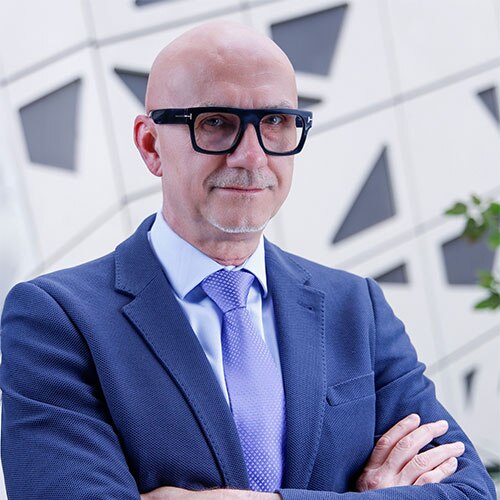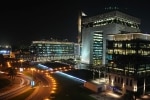Plastics are essential to modern life, with plastics usage growing faster than usage of alternative materials. As of 2024, the plastics industry contributed about 0.6-0.7 percent to global GDP and around 6 percent of GDP in leading Middle East countries. Today, the plastics market is shifting as sustainability regulations tighten, and circular economy initiatives expand. Although global mechanical recycling rates currently remain below 10 percent, demand for recycled plastics is growing and may exceed supply by 25 million to 35 million tons by 2030.

This joint report by Strategy& and the King Abdullah Petroleum Studies and Research Center (KAPSARC) explores how this new plastics economy presents an opportunity for Middle East countries, in particular those of the Gulf Cooperation Council (GCC), to become a global hub for circular plastics. By linking plastic waste supply from Asia with recycled plastic demand in the West, the GCC countries can leverage their strengths—capital, infrastructure, and petrochemical expertise—for chemical recycling. Some GCC firms are already pioneering commercial-scale chemical recycling projects.
Developing a circular plastics economy aligns with national diversification goals, creating new value chains beyond hydrocarbons. Chemical recycling is knowledge-intensive and thus offers potentially higher economic multipliers and innovation-driven growth than traditional petrochemicals production.
To realize this potential, GCC countries would need to put in place several foundational elements. These include securing stable demand for recycled polymers; establishing plastic waste trade corridors with India, Southeast Asia, and other exporting regions; and building integrated waste management infrastructure. More broadly, the GCC region would need to foster innovation and attract private investment in large-scale recycling plants.
Key policy actions for advancing such goals include incentivizing efficient end-of-life management of plastic wastes, setting product design and labeling standards for recyclability, and establishing standards—especially for food-grade recycled plastics.
With these reforms, the GCC region can offer regulatory certainty, stimulate local markets, and attract global technology providers, positioning itself as a leader in the circular plastics economy.
Production of recycled plastics is growing rapidly
Global plastics production by category (million tons/year, 2000–2024)

Note: CAGR = compound annual growth rate.
Source: OECD (2022), Global Plastics Outlook: Policy Scenarios to 2060, OECD Publishing, Paris; Systemiq, “ReShaping Plastics: Pathways to a Circular, Climate Neutral Plastics System in Europe,” 2022;
Strategy& analysis
GCC countries are all searching for opportunities to diversify their economies away from hydrocarbons. The new plastics economy presents a particularly potent opportunity, given both its adjacency to petrochemicals, which is a core strength in the regional economy, and the access to funding and renewable energies that the GCC region can offer. Some global precedents exist for the policy shifts that would be needed. Above all, GCC countries are ideally placed geographically to serve as a hub, a connection point between East and West, able to fill the large gap between the demand for circular plastics and their supply. To capitalize on this opportunity, GCC countries should secure access to feedstock, provide policy support, and catalyze innovation.
Interview with Devesh Katiyar
Devesh joins Emirates News to explore how the Middle East can seize a $60B opportunity by leading in circular plastics. Based on a viewpoint co-authored with KAPSARC (King Abdullah Petroleum Studies and Research Center), he explains how the GCC can turn plastic waste into economic growth through innovation and policy reform.
Interview with Devesh Katiyar | Strategy& Middle East


Contact us















Menu